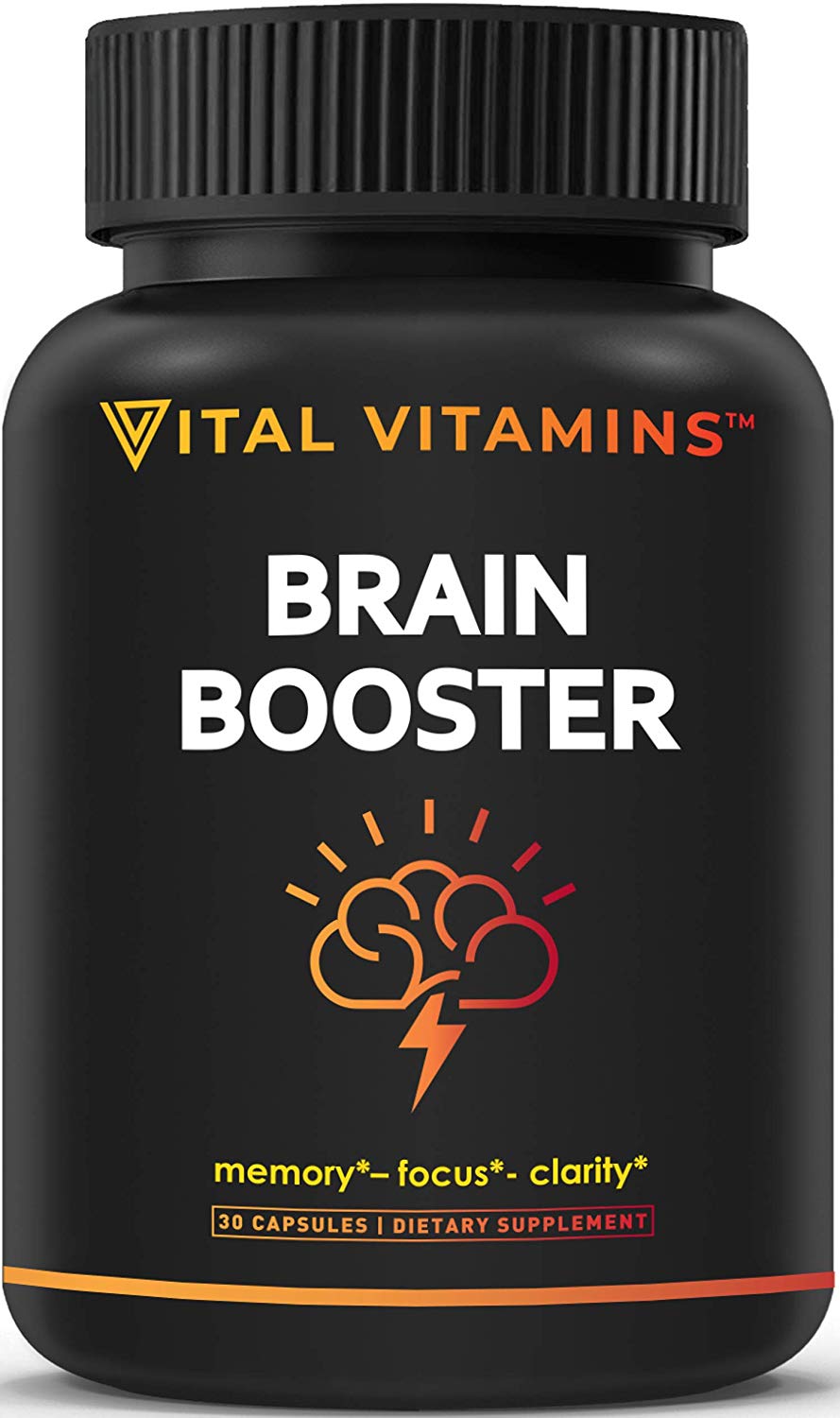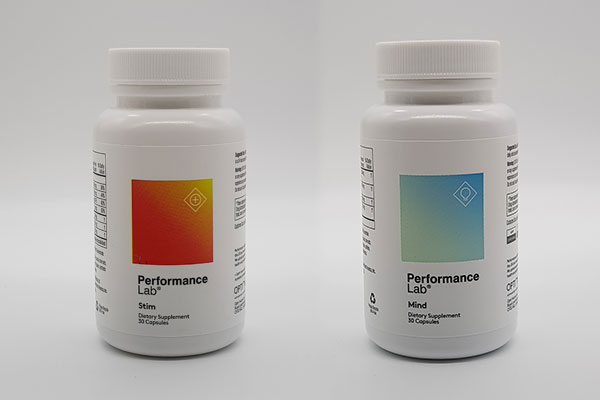Stimulants such as cocaine and Adderall have been used to treat Chronic Fatigue Syndrome (CFS) for decades, but the effectiveness of these treatments is unclear. Many studies have examined the potential benefits of stimulants in CFS patients, with mixed results. For those who are seeking a natural alternative to Adderall, there may be hope. A variety of natural herbs and supplements may provide some relief from CFS symptoms without the side effects associated with prescription drugs.
For those suffering from CFS and looking for an effective treatment option, stimulant-based therapies can offer a viable solution. However, many people prefer to seek out natural alternatives that do not require a prescription or come with potentially harmful side effects.
Cocaine and CFS
Cocaine and Chronic Fatigue Syndrome (CFS) are two words that we don’t often hear together. However, recent studies have been looking into the connection between the two and whether or not stimulants like cocaine could be used to effectively treat CFS. It is estimated that over one million Americans suffer from CFS, yet there is still no cure for this debilitating condition. That’s why many people who have been diagnosed with CFS are turning to alternative treatments, including stimulants such as cocaine and Adderall. But do these drugs actually work?

In this article, we take an in-depth look at how both cocaine and Adderall can affect those suffering from CFS.
Adderall and CFS
Adderall is a common pharmaceutical stimulant used to treat attention-deficit hyperactivity disorder (ADHD) and narcolepsy. But, could the drug be helping people with chronic fatigue syndrome (CFS)? Some say yes; however, there are risks associated with using Adderall. This article looks at the potential benefits of using Adderall for CFS, as well as alternatives that may be a better fit for certain individuals.
CFS is characterized by prolonged physical and mental exhaustion that can greatly impact an individual’s quality of life. People with CFS often report difficulty concentrating and focusing due to mental fatigue. Stimulants like Adderall have been found to increase focus and allow individuals with CFS more energy during the day time hours to conduct activities of daily living.
Risks of Stimulant Use
Stimulants are a type of drug that can have both therapeutic and recreational effects. They are most commonly prescribed to treat attention deficit hyperactivity disorder (ADHD) and narcolepsy, but they can also be used recreationally. Stimulant use carries risks, however, as the drugs can become habit-forming and cause serious health problems. This article looks at some of the risks associated with stimulant use, as well as exploring an alternative: natural Adderall alternatives.
Stimulant abuse is one of the most common forms of drug misuse in America today. Common stimulants such as cocaine and methamphetamine can lead to addiction, paranoia, anxiety, depression, heart problems, stroke or even death if taken in large doses or taken for extended periods of time.
Benefits of Stimulants
Stimulants have been used to help treat chronic fatigue syndrome (CFS) for many years. From cocaine in the 19th century to Adderall in the 21st, many people with CFS have turned to stimulants as a way to deal with their debilitating condition. But do these drugs actually work? This article will explore the benefits of stimulants when used to treat CFS and discuss whether they are an effective treatment option.
Stimulants can be very effective at helping those with CFS combat fatigue and regain focus and energy levels. They can also help improve alertness, concentration, and motivation, which is essential for those suffering from CFS. In addition, some research has indicated that stimulant use may reduce pain associated with CFS.
Alternatives to Stimulants
The use of stimulants to treat Chronic Fatigue Syndrome (CFS) has been a controversial subject for many years. While some people have reported that stimulants such as Adderall or cocaine can help them manage the exhaustion associated with CFS, there are a number of potential risks and side effects associated with these medications. For this reason, it is important to explore alternatives to stimulants when looking for ways to address CFS symptoms.

These alternatives range from lifestyle modifications such as increasing physical activity and reducing stress levels, to non-stimulant medications like Ritalin or modafinil which can be prescribed by a physician. Exercise plays an important role in improving energy levels and maintaining overall health, while stress reduction techniques like mindfulness practice can help improve mood and reduce fatigue.



